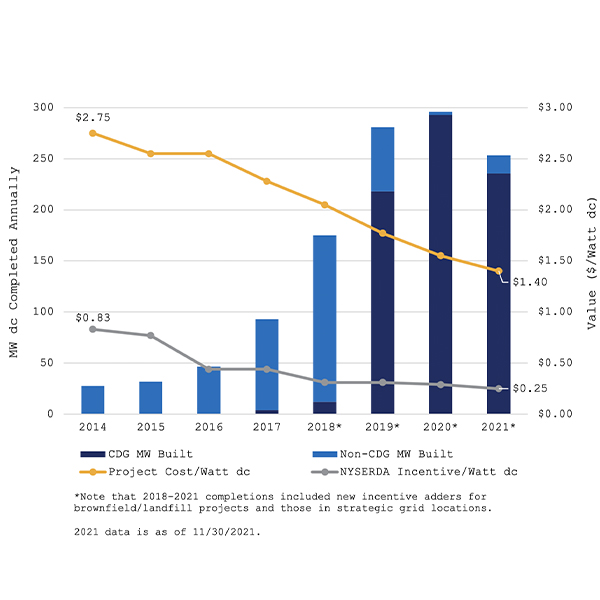
Massachusetts regulators on Thursday gave National Grid (NYSE:NGG) the go-ahead to study geothermal district energy as an alternative to replacing natural gas pipes that leak.
The Department of Public Utilities (DPU) issued an order approving the utility’s $15.6 million, five-year demonstration program, saying it could inform the state’s efforts to understand the role of gas distribution companies in achieving its 2050 climate goals.
Participating buildings will incur a monthly charge by rate class: $60 for residential, $45 for low-income residential and $90 for commercial and industrial. The program will include the installation of up to four shared-loop geothermal systems, each serving 20 to 40 residential or commercial customers, or a combination of both.
Where National Grid seeks to avoid replacing leak-prone gas lines, participating customers must discontinue gas service and switch to electric appliances. Project funding will be available to help customers that need to replace natural gas appliances, such as stoves.
National Grid has one year to file an implementation plan for DPU approval. Each system could take 12 to 24 months to construct, according to the utility’s initial program filing.
In its order, the department acknowledged the contribution of information on geothermal technology provided during the proceedings by the nonprofit Home Energy Efficiency Team (HEET). It also encouraged National Grid to consider HEET’s recommendations for the program, which included using control software for integrated data acquisition and sharing program data publicly where possible.
“We hope to assist [National Grid] to come up with the standard metrics for the project … so that we can have normalized data,” Audrey Schulman, HEET’s co-founder and co-executive director, told NetZero Insider. “We’re also hoping to provide design assistance … to give them more expertise on tap to make sure that they have the information they need.”
HEET’s other executive director, Zeyneb Magavi, is credited with developing and refining the idea of installing ground-source heat pumps in gas utility rights of way to serve multiple buildings.
“We would like to continue to advise on the whole project process to make sure it’s done well and de-risked for all … so that we can evaluate [the projects] as a method that we might very much need in the future,” Schulman said.
Federal Funds
Gov. Charlie Baker signed a bill Dec. 13 authorizing $4 billion in American Rescue Plan Act funding that includes the study of geothermal district demonstration projects in the state.
The Massachusetts Clean Energy Center (MassCEC) will receive $5 million for the study, which will include National Grid’s projects and Eversource Energy’s $10 million geothermal district demonstration project that the department approved last year.
Working in collaboration with researchers, nonprofits and universities, MassCEC will seek to:
- model the system design and operation of proposed networked geothermal demonstration project sites;
- monitor the thermal energy storage potential of sites;
- create a public project data bank;
- disseminate recommendations and best practices for rapid scaling and optimization;
- provide projections of scaled-up site impacts on heating, emissions, health, customer bills and other variables;
- engage and educate stakeholders in potential project host communities; and
- perform feasibility studies for communities interested in serving as project hosts.
The stimulus funding also allocated $150,000 to Michael Walsh, a senior research scientist with the Institute for Sustainable Energy, to study the thermal heating transition in Massachusetts.


